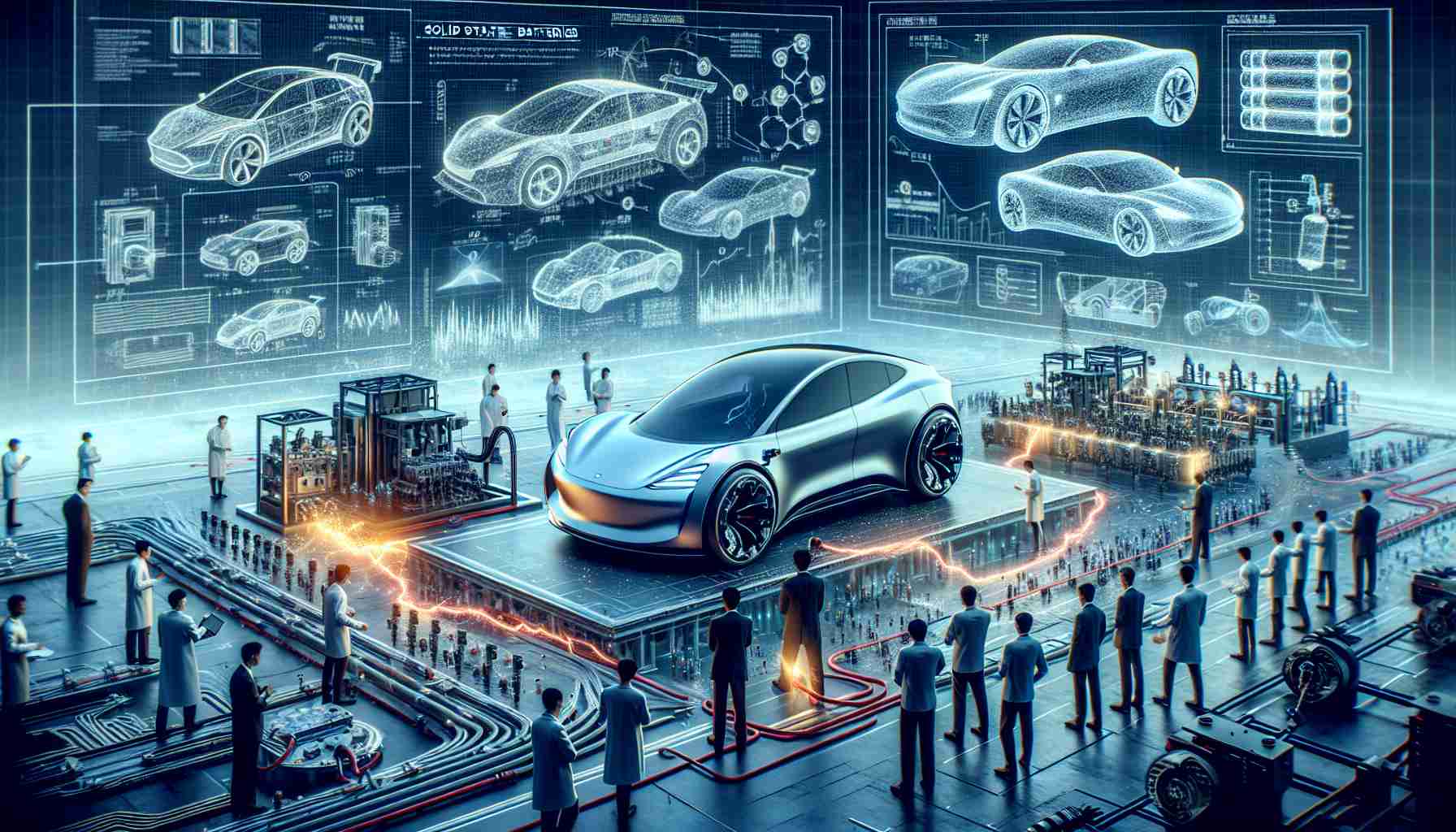The advent of solid-state batteries represents a technological evolution that is set to profoundly impact the automotive industry, and Chinese automakers are strategically positioning themselves at the helm of this revolution. This emerging technology promises to significantly enhance the performance and efficiency of electric vehicles (EVs), presenting a game-changing opportunity for automakers.
Solid-state batteries are renowned for their ability to offer higher energy densities, improved safety, and faster charging times compared to traditional lithium-ion batteries. These features are vital as the world continues to transition toward sustainable transportation. Recognizing this, leading Chinese car manufacturers such as BYD, NIO, and Great Wall Motors are heavily investing in research and development to accelerate the integration of this cutting-edge technology into their vehicles.
China’s forward-thinking approach to solid-state battery technology aligns with the country’s broader strategic objectives of reducing carbon emissions and mitigating reliance on fossil fuels. By championing these advancements, Chinese automakers not only aim to enhance their competitive edge but also to set new industry standards, potentially influencing global markets.
Moreover, partnerships between automobile giants and innovative tech firms are burgeoning. These collaborations are expected to overcome existing technological hurdles, fostering an ecosystem ripe for breakthroughs in battery technology.
As we look to the future, the implications of a solid-state battery revolution are vast. This innovation is not only poised to transform the performance and accessibility of EVs, but it also highlights China’s emerging leadership in high-tech automotive solutions. The next few years could witness a pivotal shift in how vehicles are powered, with Chinese automakers leading the charge.
Will China’s Solid-State Battery Revolution Alter the Global Economic Landscape?
The rise of solid-state batteries is not just a technological marvel but a potential economic game-changer with widespread implications. Beyond enhancing electric vehicles, this innovation could redefine geopolitical balances and worldwide market dynamics.
Economic Implications and Challenges
Solid-state batteries promise significant benefits: reduced charging times and extended vehicle ranges. These could make EVs more appealing, leading to increased adoption rates. However, could this shift disrupt economies reliant on oil exports? As demand for oil decreases, countries like Saudi Arabia and Russia might face economic challenges, prompting them to diversify revenue streams or innovate within the energy sector.
Challenges and Controversies
Despite the promise, several challenges loom. The cost of manufacturing solid-state batteries remains high, potentially keeping EV prices elevated in the short term. Are these costs justified? For consumers, the answer hinges on affordability and infrastructure readiness—particularly charging networks and emergency response knowledge regarding battery malfunctions.
On a broader scale, adoption might trigger resource allocation debates. Solid-state batteries require scarce materials like lithium, creating geopolitical tensions over resource access. How will this affect global alliances?
Social and Environmental Impact
Communities globally could see shifts in job markets. The transition may generate new jobs in tech and R&D sectors but could simultaneously disrupt traditional automotive manufacturing roles. Environmentally, the reduced carbon footprint of solid-state batteries is appealing, but the mining impact for necessary materials like lithium needs careful management.
For further insights, explore BYD and NIO who are spearheading this revolution. How will these changes reshape our world, and are we ready for what’s next?







